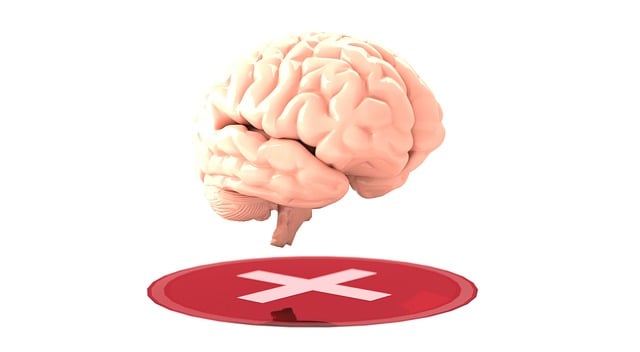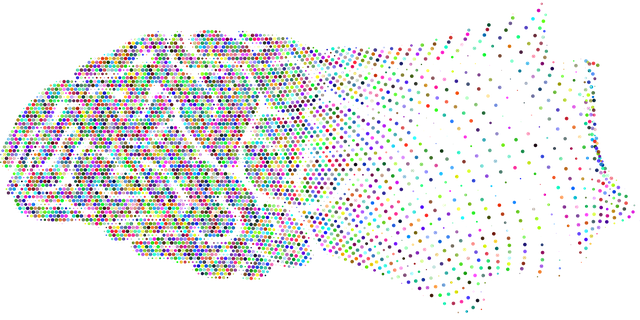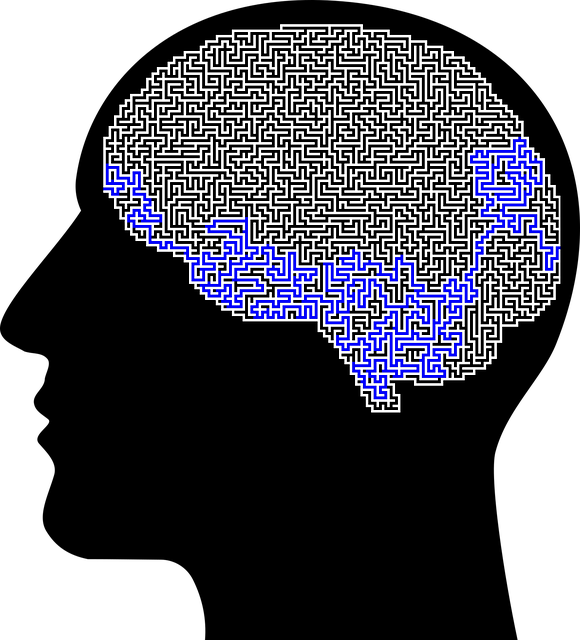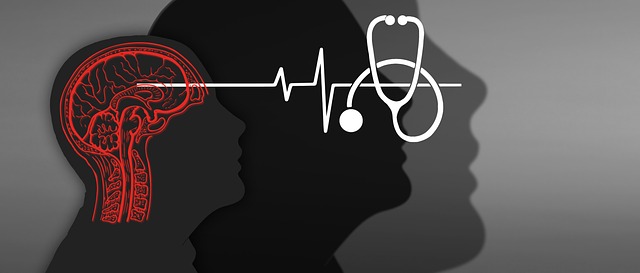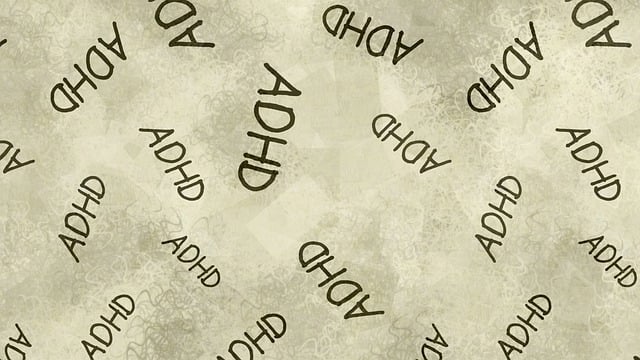Postpartum depression (PPD), a common mental health issue affecting new mothers, is characterized by persistent sadness, anxiety, and exhaustion. Early detection and specialized therapy, like Centennial Postpartum Depression Therapy, are crucial for management. Emotional intelligence and stress management techniques play key roles in coping with PPD symptoms. Journaling, as encouraged by Centennial Postpartum Depression Therapy, provides a safe space for processing emotions, tracking mental health journeys, identifying triggers, and developing positive thinking strategies. Creating a dedicated journaling practice, combined with professional support, fosters emotional healing, enhances mental wellness, and builds resilience against PPD. Tracking progress through journaling helps individuals recognize achievements and maintain a positive mindset during their therapeutic journey.
“Unwind and reconnect with yourself through the transformative power of mental wellness journaling. This comprehensive guide, tailored for new mothers, offers a supportive journey towards healing and resilience in the face of postpartum depression. We explore evidence-based practices to combat this common yet treatable condition. From understanding its subtle signs to creating a sanctuary for self-care, you’ll discover effective strategies.
Embark on a path of emotional liberation with journaling prompts designed to foster healing. Track your progress, celebrate victories, and reclaim your mental wellness.”
- Understanding Postpartum Depression and its Impact
- The Power of Journaling for Mental Wellness
- Creating a Safe Space: Setting Up Your Journaling Practice
- Exploring Journaling Prompts for Emotional Healing
- Tracking Progress and Celebrating Milestones
Understanding Postpartum Depression and its Impact

Postpartum depression (PPD) is a common yet often misunderstood mental health condition that can significantly impact new mothers. It’s more than just the ‘baby blues’ many women experience after giving birth; PPD is characterized by persistent feelings of sadness, anxiety, and exhaustion that interfere with daily life. This condition typically develops within the first year after childbirth but can occur later as well.
The rise in PPD cases has led to increased public awareness campaigns development, emphasizing the need for early detection and access to appropriate therapy, such as Centennial Postpartum Depression Therapy. Emotional intelligence plays a crucial role in managing this condition, helping individuals recognize their emotions, understand triggers, and develop healthy coping mechanisms. Effective stress management techniques are also vital tools in preventing and mitigating PPD symptoms, as chronic stress can exacerbate the condition.
The Power of Journaling for Mental Wellness

Journaling is a powerful tool for navigating mental health journeys, offering individuals a chance to process emotions, reflect on experiences, and gain profound insights into their minds. For those dealing with postpartum depression, a condition that can significantly impact new mothers, journaling provides a safe and private space to express feelings of sadness, anxiety, or confusion. By chronicling thoughts and sensations, women can identify triggers, track progress in therapy, and cultivate a deeper understanding of themselves.
This practice encourages positive thinking by allowing individuals to challenge negative thought patterns, fostering self-awareness and emotional intelligence. Moreover, it aids in stress management, as putting pen to paper can help calm the mind and body, making it an excellent complement to traditional therapy like Centennial Postpartum Depression Therapy. Through regular journaling, one can develop effective mood management strategies, ultimately enhancing overall mental wellness.
Creating a Safe Space: Setting Up Your Journaling Practice

Creating a safe space is an essential first step in your journaling journey. Your journal is a private sanctuary where you can explore your thoughts and emotions freely, without judgment. Designate a specific area for this practice that feels calming and inviting. It could be a quiet corner of your bedroom or a peaceful spot in your home where you won’t be disturbed. Keep the space organized with all the essentials: pens, notebooks, or digital tools that suit your preference. This setup will signal to your mind that it’s time to focus on self-care and mental wellness.
For those dealing with postpartum depression, like many seeking therapy through Centennial Postpartum Depression Therapy, this ritualized space can be a powerful tool. It encourages consistent practice, fostering mindfulness and emotional awareness. By creating this safe haven, you’re taking an active step towards improving your mental health, whether it’s for anxiety relief or simply enhancing mental health awareness and advocacy for yourself.
Exploring Journaling Prompts for Emotional Healing

Journaling prompts can be a powerful tool for emotional healing and mental wellness, especially for those navigating challenges like postpartum depression. By encouraging self-reflection and expression, journaling allows individuals to explore their emotions, break down barriers, and foster a deeper understanding of themselves. One prompt could involve writing about daily experiences and the associated feelings, helping to identify patterns and triggers.
Additionally, prompts focused on gratitude, such as noting small joys or kind acts, can shift one’s perspective towards positivity. Incorporating practices like these into self-care routines, alongside professional support from Centennial Postpartum Depression Therapy or trauma support services, can be part of a holistic Mental Health Education Programs Design approach to enhancing emotional well-being and building resilience.
Tracking Progress and Celebrating Milestones

Tracking progress is a vital aspect of any wellness journey, and mental health journaling provides an excellent framework for this self-reflective practice. As you consistently record your thoughts, emotions, and experiences, it becomes possible to identify patterns and areas of improvement. For instance, if you’ve been focusing on mindfulness meditation as part of your therapy for postpartum depression, you might notice a gradual increase in your ability to stay present during challenging moments. This shift can be celebrated as a significant milestone, reminding you of the progress made towards better mental health.
Milestones don’t always have to be monumental; they are personal achievements that contribute to long-term well-being. For some, it might be overcoming social anxiety and initiating conversations with strangers, while for others, it could mean improving self-esteem and embracing one’s unique identity. Recognizing these victories through journaling encourages a positive mindset and motivates individuals to continue their therapeutic practices, whether it’s attending trauma support services or engaging in daily self-care rituals.
Mental wellness journaling is a powerful tool for navigating the challenges of postpartum depression, offering a safe space for reflection and emotional healing. By incorporating this practice into your routine, you can gain valuable insights, track progress, and celebrate milestones on your journey towards recovery. Remember, seeking professional help through Centennial Postpartum Depression Therapy is just as important; journaling complements therapy, providing an additional layer of support tailored to your unique needs. Embrace the transformative power of self-expression and take the first step towards a brighter, healthier mind.



